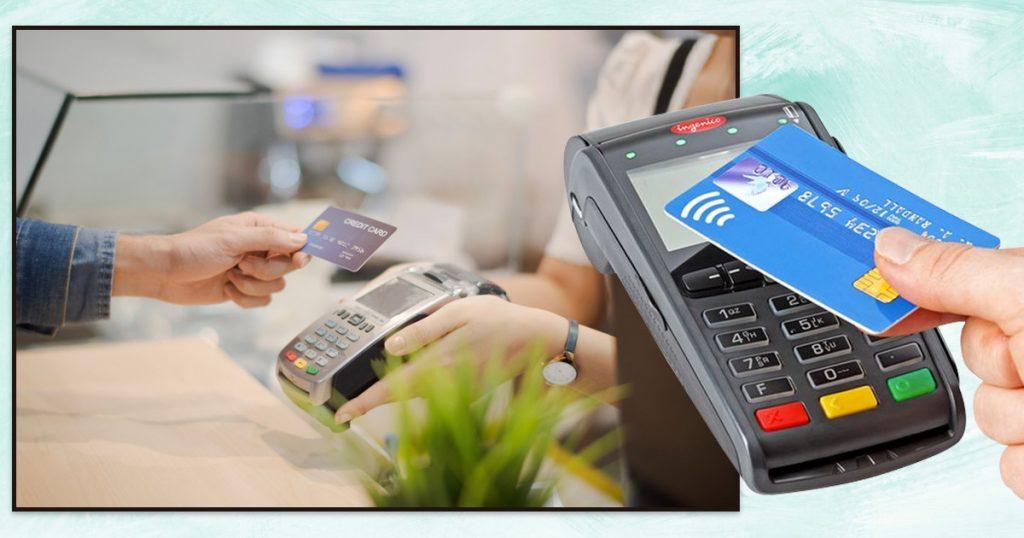The Point of Sale (POS) system plays a key role in how businesses handle transactions. A POS is where a customer makes a purchase, whether it’s in a physical store or online. It’s a combination of tools and software that helps businesses take payments smoothly, manage their stock, and improve customer service. POS systems offer many benefits, like making transactions faster, cutting down on mistakes, providing useful sales data, and boosting customer happiness.
Studies show that using strong POS systems can increase customer engagement and efficiency by up to 30%. This happens because these systems not only simplify purchases but also offer perks like loyalty programs and special deals that help businesses stand out and keep customers coming back.
Knowing about POS debit matters because it affects how your transactions show up on bank statements and influences your budgeting. Understanding these details helps you keep track of your spending and easily spot any errors.
What is POS Debit?
POS debit refers to using a debit card at a checkout point, like in a store or online, to pay for purchases. When you make a POS debit transaction, the money is immediately taken out of your bank account to pay the store. This is different from using a credit card, which lets you pay later.
How POS Debit Transactions Work
- Card Interaction: At the checkout, you have the option to either swipe, insert, or tap your debit card. This interaction is the initial step in starting the transaction process.
- PIN Entry: In most cases, you will need to enter your Personal Identification Number (PIN) to verify and authorize the transaction. This step ensures that you are the rightful owner of the debit card.
- Immediate Authorization: Once the PIN is successfully entered, the transaction is authorized. The system checks with your bank to ensure there are sufficient funds available in your account.
- Fund Transfer: After authorization, the money is instantly transferred from your bank account to the retailer’s account. This real-time transfer ensures that the payment is completed without any delay.
- Transaction Confirmation: Finally, both you and the retailer receive confirmation of the transaction, often in the form of a printed or digital receipt. This step closes the transaction loop, confirming that the payment has been made.
Difference Between POS and POS Debit
“POS” refers to any transaction done at the checkout, whether you use cash, credit, or debit. “POS debit” specifically means using a debit card. The key difference is that POS debit takes money straight from your bank account right away, while other POS transactions, like credit, let you pay off the purchase later.
Why POS Debit is Used
- Budget Management: For consumers, POS debit helps manage spending by only allowing purchases when there are sufficient funds in the account. This feature helps avoid overspending and accumulating debt.
- Lower Processing Fees: Businesses benefit from POS debit because it typically incurs lower processing fees compared to credit transactions, helping reduce overall transaction costs.
- Immediate Cash Flow: The instant transfer of funds from the consumer’s account to the merchant’s account improves cash flow, providing businesses with quick access to their earnings.
- Security and Fraud Prevention: The requirement for a PIN adds a layer of security, reducing the risk of unauthorized transactions and fraud, which is reassuring for both consumers and businesses.
- Convenience for Everyday Shopping: POS debit offers a convenient payment option for day-to-day purchases, making it a preferred choice for quick and hassle-free transactions.
What Does POS Debit Mean on a Bank Statement?
When you look at your bank statement, a POS debit entry shows a transaction where you used your debit card to pay directly at a checkout. These entries typically include the date, the name or location of the store, and the amount you spent.
It’s important to understand these entries for a couple of reasons. First, they help you track your spending to make sure all transactions match what you actually bought. This helps catch any mistakes or unauthorized charges. Second, knowing where your money goes helps with budgeting, allowing you to manage expenses better and adjust your spending if needed.
You can maintain better control over your finances, make wiser spending decisions, and guarantee that your bank account stays accurate and secure by routinely reviewing these POS debit entries.
How a Good POS System Simplifies POS Debit Transactions
- Easy to Use: A good POS system is simple for both employees and customers to operate. This makes transactions faster and reduces mistakes, improving the shopping experience for everyone.
- Quick Transaction Speed: Efficient POS systems handle transactions swiftly, transferring money instantly. This not only makes customers happy but also gives businesses quick access to their funds.
- Safe Payments: By using security features like encryption and PIN checks, a reliable system keeps transactions safe from fraud, ensuring both customer and business safety.
- Seamless Integration: These systems connect easily with inventory and accounting tools, helping businesses keep track of sales and stock without hassle.
- Instant Reports: Access to up-to-date sales and customer data helps businesses understand trends and make smarter decisions about their sales strategies.
- Round-the-Clock Support: Good POS systems offer 24/7 help, quickly fixing any issues so businesses can keep running smoothly without long interruptions.
Understanding POS debit transactions is crucial for both shoppers and businesses. For consumers, it’s a handy way to spend without getting into debt. For businesses, it means faster payments and lower costs. A strong POS system is key to making these transactions smooth and efficient, boosting satisfaction and business success. By choosing a good POS system, businesses can fully enjoy the benefits of POS debit transactions, creating a positive outcome for everyone involved.
